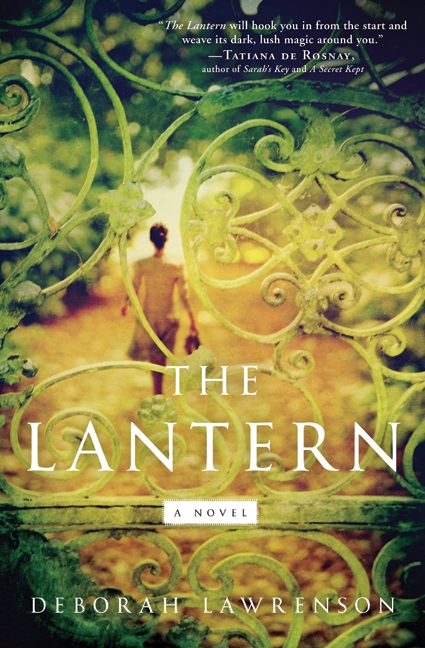In my last post, I may have mentioned that I once drank water out of a plastic bag in front of my boss. Let me explain:
For three of my six years working for the county, I worked at the public library. The library was in a fairly well-to-do suburb, but most of our clientele were senior citizens, aliens and half-human alien hybrids. The library looked like an upside down boat, and sometimes potatoes or porn fell through our book-drop. This is just to give you atmosphere.
At that point (circa 2005), the assistant branch manager was a lovely patient person, who deserved much better than to have me as an employee. She was very, very sweet woman.
Anyway, after a long shift of putting books away and sitting in the stacks and reading the books I was supposed to be putting away, I found myself thirsty. The important thing to remember here is that while, yes the library did have two or three or five water fountains, the water fountains do not factor in much to this story for one simple reason: I forgot about them. When I was back in the staff room with its old couch and wood laminate table, all I could process in the midst of my thirst was the (chronically) empty vending machine and the water cooler. We usually had disposable cups of the paper or plastic variety. When that avenue failed, I dug under the coffee machine for the squeaky styrofoam cups that I hate because they are squeaky they are bad for the environment.
No cups.
Now I was forced to consider using other people’s dishes that they brought from home. There were three or four coffee mugs in the sink, smudged with old lady lipstick and ringed with caustic-looking instant coffee stains.
There was no soap or or sponge to wash them.
It is a testament to how thirsty I was that I considered using the hand soap in the employee bathroom and paper towels to wash the cups, but somebody was in the employee bathroom and from the length of time they were in there, they were either working through a hangover or some bad Chinese food. I looked back at the mugs and made up my mind. I for the most part didn’t mind my co-workers, but I drew (and still would draw) the line at finger-and-tap-water-washing day old coffee and lipstick (or gross lip residue from the dude librarians.) So, as any reasonable person would do, I tried kneeling down and drinking the water straight from the water cooler spigot.
This only resulted in getting water in my hair (somehow) and making a puddle on the linoleum that would later be called “a hazard for people trying to get their dinner out of the fridge.”
Tap water would do. I hopped up on the counter and tried to bend my body under the sink faucet. Nope — again with the water in the hair. I tried standing in front of the sink and lapping at the faucet like a dog, but it extended deep enough into the sink well that it was impossible unless I cupped my hands and drank from them.
Why didn’t I do that? Ah, because I spotted the box of sandwich bags. They were the bad kind, the kind you have to fold over and tuck and will end up with a stale lunch anyway. But they might just solve my beverage issue — after all, ancient people used to drink out of water skins? Like, goat stomachs and stuff? How hard would a horse-mounted Indo-European invader laugh at me turning up my nose at a clean plastic water skin? Probably really hard before he rode off to torch tents in India.
Plus, with a water skin, I could return to the water cooler, She of the Chilled Filtered Water. I filled up my water skin and drank.
Okay, I’ll just put it out there that the plastic sandwich bag is not designed to be a water skin. The water skin — even of the animal stomach variety — has some advantages on the plastic bag, namely that it won’t lose all structure and pour freezing water all over your face and chest while you’re drinking from it.
So there I stood, water dripping off my face and shirt, half lapping, half swallowing the sandwich bag, when my boss came in.
She stood there for a minute, blinking at me and my water skin. “Are you okay?” she finally asked. “Do you need help?”
“Oh, no, I’m good!” I pulled the bag down, and gestured to my wet face and shirt. “Just thirsty.”
She walked over to me and took my hand. “No, I mean are you okay?”
“Uh, yeah.” Duh. I wasn’t thirsty anymore.
“You know…we have water fountains…and disposable cups in the meeting room.”
Oh right…the meeting room…and the water fountains…
It was only later that night that I realized the poor woman probably thought I was drunk or high or possibly turning into an alien. And ever since that day, I have never forgotten a water fountain, although I will have an edge on you all when the Mayan apocalypse comes and you have to learn how to drink out of plastic bags.
